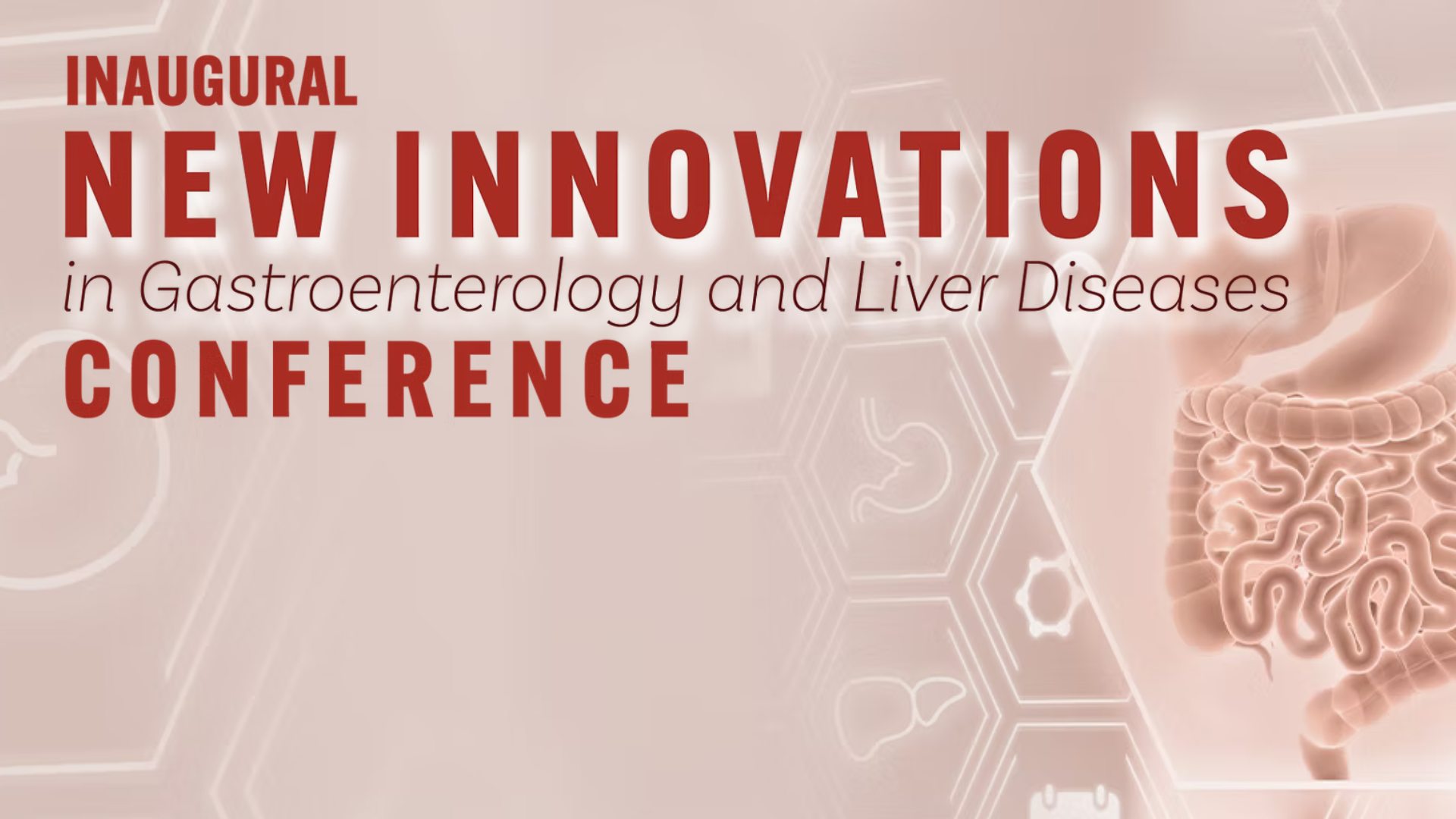
Milly Ng
FNP, MPH
Location : Boston, MA, USA
BIO
Miu Lai "Milly" Ng FNP-BC, MPH is a dedicated Nurse Practitioner specializing in hepatology at Tufts Medical Center, with 8 years of experience in managing patients with Metabolic Dysfunction-Associated Steatotic Liver Disease (MASLD) and Metabolic Dysfunction-Associated Steatohepatitis (MASH), including the lean MASH population. Passionate about improving liver health within the Asian population, Miu Lai is actively engaged in community outreach and education. Their clinical expertise includes the use of GLP-1 receptor agonists and liver-targeted medications to optimize treatment outcomes.
In addition to clinical practice, Miu Lai serves as a consultant for Pharmaceuticals and contributes expertise to multiple advisory boards and podcasts, advocating for advancements in hepatology care.
MASLD-MASH Content Featuring Milly

Misconceptions About Liver Health

In this short and informative video, Miu Lai Ng, a nurse practitioner at Tufts Medical Center, debunks two of the most common myths about liver health. First, she sets the record straight on liver cleanses and detox teas—explaining that your liver already detoxifies your body daily and doesn’t need fad diets or trendy supplements. Instead, what your liver needs is support through sustainable habits like reducing alcohol intake, cutting back on processed sugars, and maintaining a healthy weight. She also highlights a critical point: liver disease is often silent, and many people with significant liver damage have no symptoms until it’s advanced. If you're at risk due to metabolic syndrome, alcohol use, or other factors, Miu Lai urges you to talk to your healthcare provider about screening options like FIB-4 or FibroScan®. Your liver works hard for you—this video is a reminder to return the favor with real, lasting care.
Watch Now

Management of Life Style Modification

This video focuses on the comprehensive management of patients with metabolic-associated steatohepatitis (MASH), emphasizing lifestyle modifications, dietary adjustments, and exercise strategies. Key topics include the importance of addressing risk factors like diet, exercise habits, and alcohol intake, as well as referrals to medically supervised weight loss clinics or bariatric surgery for advanced cases. The speaker highlights the benefits of the Mediterranean diet, intermittent fasting, and avoiding ultra-processed foods while discussing the role of resistance training to combat sarcopenia and maintain muscle mass. Practical advice and tailored recommendations ensure a holistic approach to managing MASH and improving patient outcomes.
Watch Now

Third Step of Life Style Management

This video provides a comprehensive overview of emerging pharmacologic treatments for metabolic-associated steatohepatitis (MASH) and their tailored applications based on patient profiles. Topics include FDA-approved therapies, drugs in advanced clinical trials (such as semaglutide and lanifibranor), and the potential for combination treatments targeting both steatohepatitis and fibrosis. The speaker emphasizes the importance of patient-specific approaches considering metabolic profiles, obesity, and diabetes status, alongside lifestyle interventions. Additionally, the video discusses the evolving interdisciplinary care model and highlights the exciting progress in non-invasive testing and treatment advancements for F2-F3 fibrosis.
Watch Now

Approved Medication for MASH/NASH

This video provides detailed guidance on selecting and monitoring patients for emerging therapies targeting advanced fibrosis (F2-F3) in NASH. Key topics include contraindications for patients with cirrhosis, considerations for concomitant medications, and dose adjustments for statins. The video outlines ideal candidates based on specific thresholds for VCTE, MRE, ELF scores, and other non-invasive tests while emphasizing the importance of ruling out portal hypertension and other liver diseases. It also reviews a stepwise monitoring approach, focusing on tolerability at three months and efficacy assessments at six and twelve months, with an emphasis on histologic and non-invasive test improvements.
Watch Now

Types of Diet for the Treatment of MASLD

This video explores comprehensive strategies for managing metabolic-associated steatohepatitis (MASH), focusing on fibrosis risk stratification, lifestyle modifications, and pharmacologic interventions. Learn about dietary recommendations like the Mediterranean diet, exercise guidelines emphasizing resistance training, and the role of intermittent fasting and processed food avoidance. The video also highlights weight loss targets, diabetes management, and emerging therapies such as GLP-1 receptor agonists and bariatric surgery, all aimed at improving liver health and patient outcomes.
Watch Now

NITs to Identify High Risk MASH Patients

Explore advancements in non-invasive diagnostics and risk stratification for liver fibrosis and MASH. This video highlights tools like FIB-4, transient elastography, and innovative scoring systems (e.g., FAST and Agile) to identify and predict outcomes for high-risk patients. Learn about serum biomarkers, updated guidelines, and the role of lifestyle interventions alongside targeted therapies for managing metabolic risks and advancing care in hepatology.
Watch Now

Lifestyle Management With Milly Ng

Join Milly Ng, NP, a hepatology nurse practitioner at Tufts Medical Center in Boston, for an evidence-based session on lifestyle management for MASLD and MASH, presented through the GHAPP MASLD Community Network and sponsored by Madrigal Pharmaceuticals. Through the case of "Albert," a patient with steatosis and metabolic risk factors, Milly highlights the importance of personalized counseling and non-invasive testing like FIB-4 and FibroScan to assess fibrosis risk. She reviews how Metabolic Dysfunction-Associated Steatotic Liver Disease (MASLD) and its progressive form, MASH, can be reversed through diet, exercise, and weight loss, particularly before fibrosis advances to cirrhosis. Learn how to tailor dietary guidance to a patient's cultural background, socioeconomic status, and personal goals, and understand how central obesity and insulin resistance drive disease progression. Milly also reviews the genetic and environmental factors influencing steatosis, why aerobic training may be more effective than resistance workouts for liver health, and how validated tools like the EDAS (Exercise and Diet Adherence Scale) can track patient progress. This session empowers primary care and hepatology providers to deliver patient-centered lifestyle interventions that can prevent liver disease progression and reduce cardiometabolic risk.
Watch Now

Diet and Nutrition: Tailoring Plans for Diverse Populations

In this quick and practical video, Miu Lai Ng, a nurse practitioner at the hepatology clinic at Tufts Medical Center in Boston, shares simple, culturally sensitive, and cost-effective dietary tips to help patients manage fatty liver disease—also known as MASH (metabolic dysfunction–associated steatohepatitis). From avoiding white-colored refined carbs like sugar, white rice, and potatoes to smart swaps like oatmeal—rich in soluble fiber and low on the glycemic index—this video emphasizes realistic changes tailored to diverse backgrounds. Miu Lai Ng also covers powerful tools for sticking with a liver-friendly diet, including food tracking apps, photo logging, meal planning tools, and the importance of social support. Plus, she highlights the hidden dangers of liquid calories found in sodas, juices, and bubble tea, which spike liver fat and cost more than you think. Whether you're supporting a patient or managing MASH yourself, this video offers actionable advice that respects both culture and budget—because small changes can lead to big results for your liver and your life.
Watch Now
FAQ's

Misconceptions About Liver Health

In this short and informative video, Miu Lai Ng, a nurse practitioner at Tufts Medical Center, debunks two of the most common myths about liver health. First, she sets the record straight on liver cleanses and detox teas—explaining that your liver already detoxifies your body daily and doesn’t need fad diets or trendy supplements. Instead, what your liver needs is support through sustainable habits like reducing alcohol intake, cutting back on processed sugars, and maintaining a healthy weight. She also highlights a critical point: liver disease is often silent, and many people with significant liver damage have no symptoms until it’s advanced. If you're at risk due to metabolic syndrome, alcohol use, or other factors, Miu Lai urges you to talk to your healthcare provider about screening options like FIB-4 or FibroScan®. Your liver works hard for you—this video is a reminder to return the favor with real, lasting care.
Watch Now












